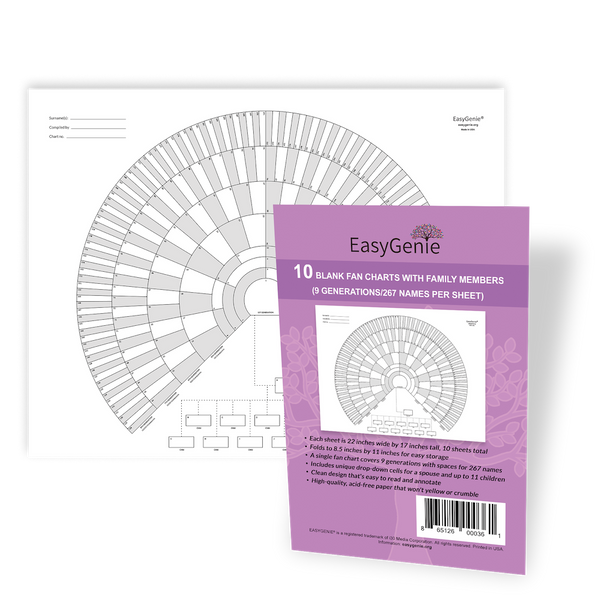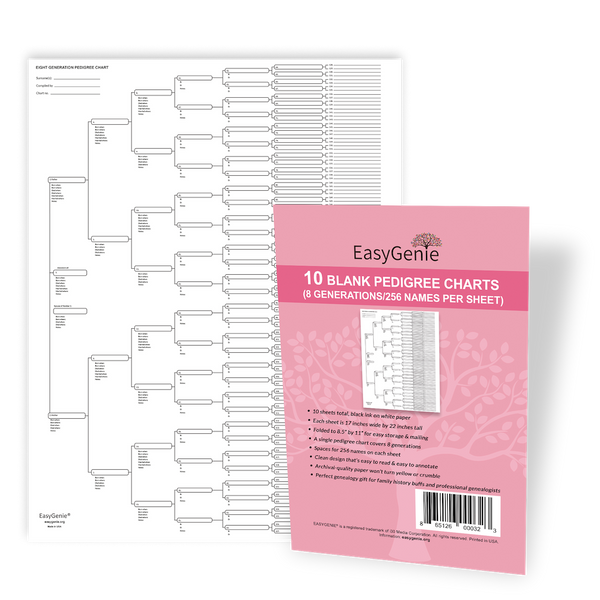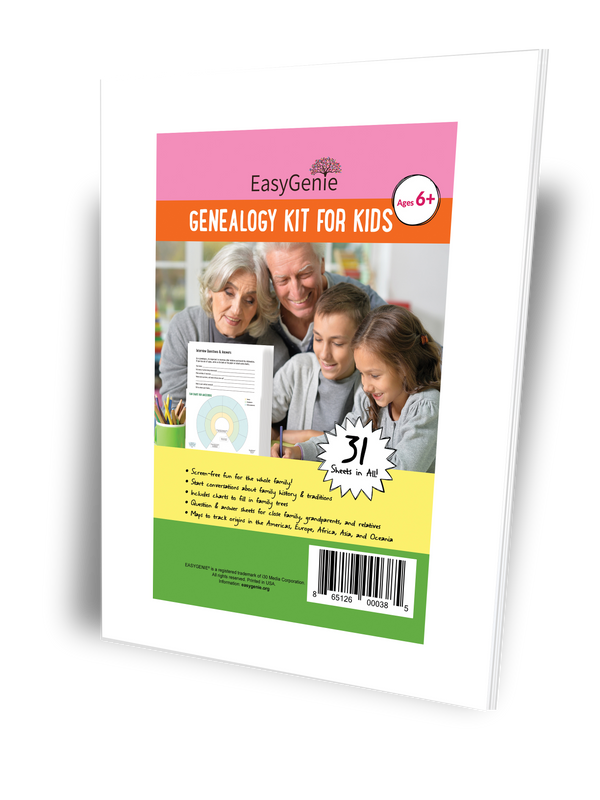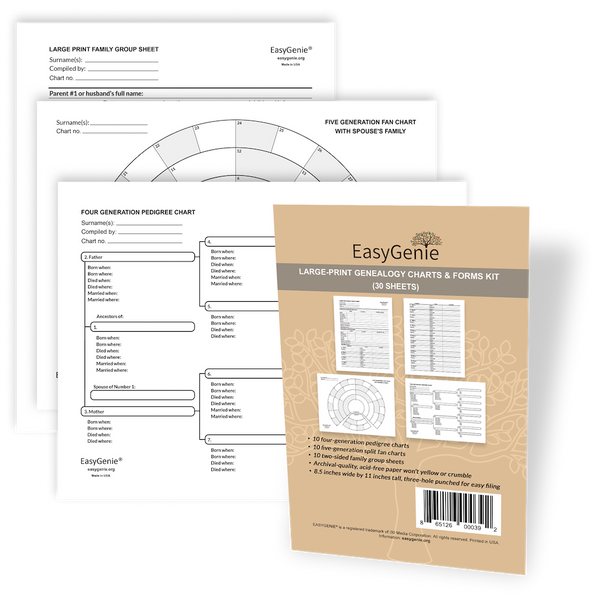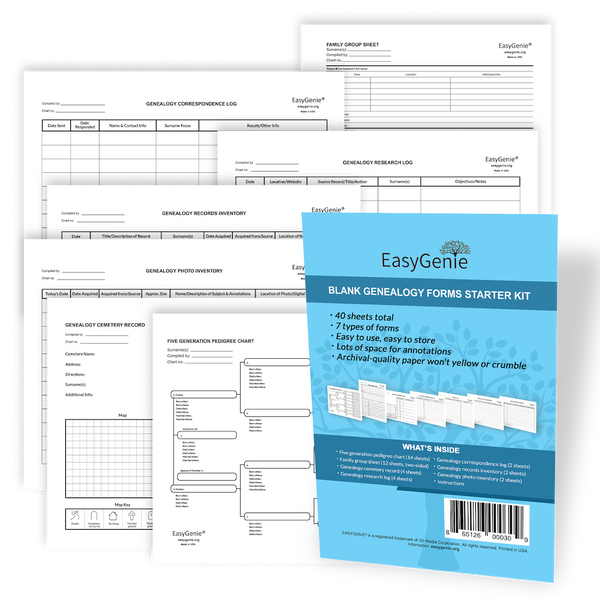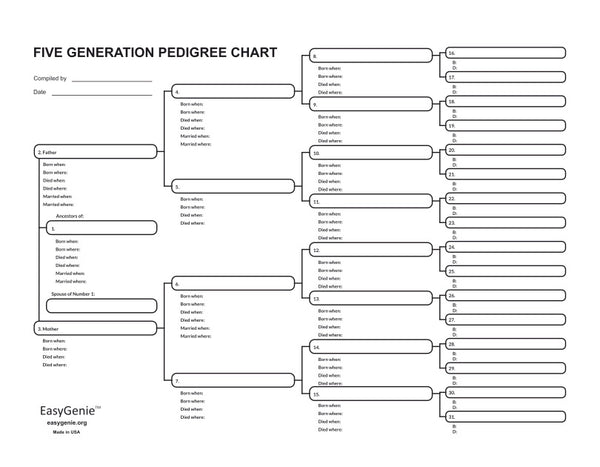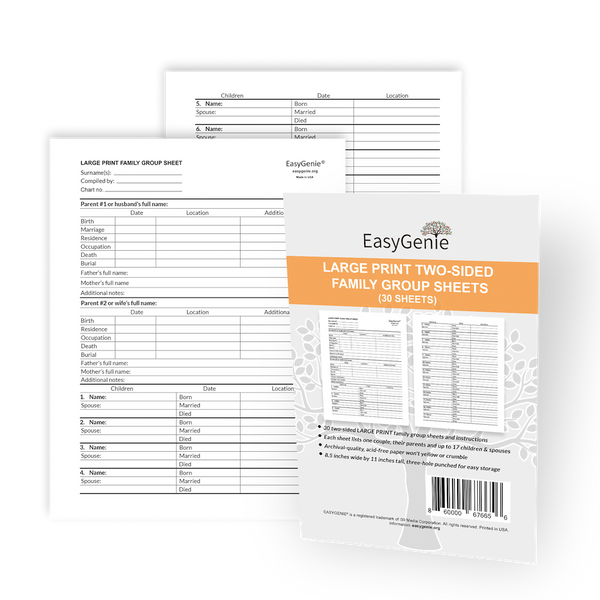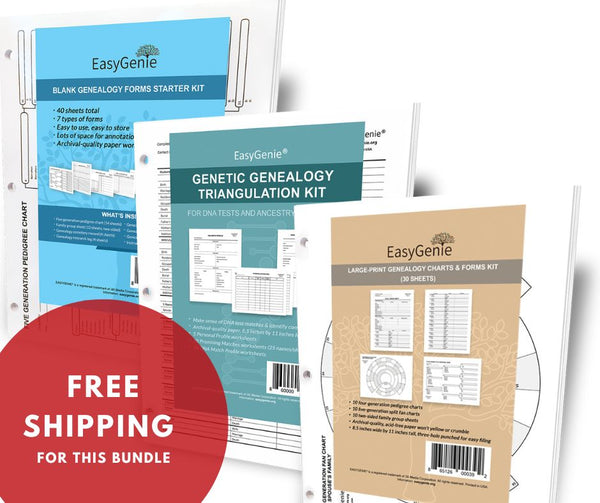
"Why are you a family historian?"
Ian LamontSomeone recently asked how I (Ian) became a family historian.
Many of you will know the answer, because you also take on this role for your own families.
At an early age, I showed interest in family history. Where did we come from? What did Great Uncle Anthony do for work? Why do most of our cousins live in a certain part of northern New York?
A few relatives had lived through world history, which was fascinating. People remembered when the first man landed on the moon, or the Great Depression, or seeing a famous athlete or musician.

I remember asking my grandfather (shown at the top of this page with a friend) about his time in the U.S. Navy in World War II. More recently, I have asked details about my father's service during the Cold War.
Oftentimes it's the anecdotes that stick in your mind, and in the minds of the people you share them with. I remember my grandfather telling me about his own grandfather, who arrived in the United States in the 1830s as a young child with his destitute migrant family. All they had were the clothes on their backs, and agricultural and masonry skills that would prove useful after they settled in a wilderness tract on the New York/Canadian border.
Despite the hardships of the journey, my great-great-grandfather remembered the crew squirting him with a hose on the ship while crossing the Atlantic. He told this story to my grandfather in the early 1900s, and my grandfather shared it with me one spring in the late 1980s, when I was driving him on I-95 up from Florida on the "Snowbird" route. I still remember it today.
In my late 20s, I started doing serious genealogy research. I also started sharing findings with relatives, or looking at old photos or headstones with them. If the older generation sees the interest is sincere, and you seem trustworthy, you may become the designated family historian, whether you want that responsibility or not! I did, fortunately.

Photos, documents, and other relics started coming my way. And they keep coming! The photo above shows a photo album from Ian's great-uncle, our son's namesake.
But it's not just the things, it's the discussions. I am constantly interviewing older relatives, and if they give permission, recording the interviews on audio or video. Those recordings are so important ... particularly the stories and the "why" explanations - why someone moved to a different state, why she studied a certain subject in school, why they never had children.
